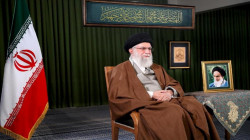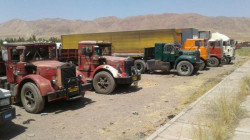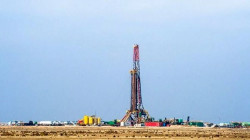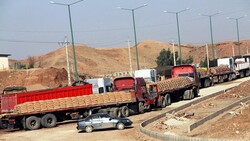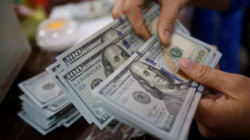Iran exports gas worth $15 billion to Iraq since July 2017
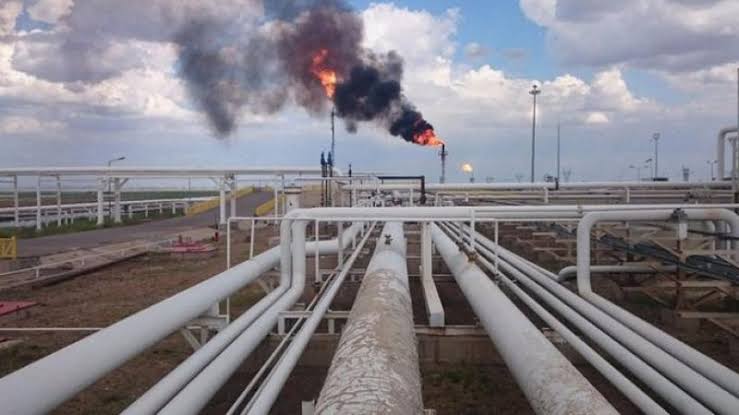
Shafaq News/ Iranian Deputy Minister of Oil and Gas, Majid Chegini, announced on Thursday that Iran has exported around 52 billion cubic meters of gas worth $15 billion to Iraq since July 2017 under gas contracts with Iraq.
The extension of Iran's gas export contract to Iraq for five years was signed on March 27, 2024, in Baghdad. The agreement was finalized between Chegeni and Iraq's Minister of Electricity, Ziad Ali Fadhil.
On the sidelines of signing the contract extension, Chegini said that negotiations with Iraq have led to an agreement to extend the export of Iranian gas to Iraq. He noted that the completion of contracts in Baghdad and Basra has facilitated this extension.
Chegini stated, "Since the beginning of the contract in Baghdad (July 2017) and Basra (June 2018), Iran has exported around 52 billion cubic meters of gas worth $15 billion to Iraq."
Iraq's Minister of Electricity, Ziad Ali Fadhil, confirmed that Iraq will continue purchasing gas from Iran for the next five years under this contract, emphasizing the importance of Iranian gas for Iraqi electricity generation stations.
Fadhil pointed out that Iraq heavily relies on Iranian gas to meet a significant portion of its electricity needs, especially amid challenging conditions in the country, adding that "Iraqi electricity generation stations urgently need Iranian gas to produce electricity."
The Iraqi minister explained that "the experience of recent years has shown that Iran is a good economic partner for Iraq and has supplied its needs in the toughest conditions."
Notably, Iraq needs 35,000 megawatts of electricity daily. Still, due to the current conditions in the country, it only produces 20,000 megawatts daily, with one-third of this electricity supplied by gas imported from Iran.
Iraq relies on Iran for nearly a third of its electricity, though this has been subject to interruptions. For instance, when Tehran reduced gas supplies to Iraq from 50 million cubic feet to 8.5 million cubic feet because of unpaid bills, widespread electricity shortages struck central and southern governorates.
Though Baghdad has sought to diversify its electricity supply through overtures to countries such as Saudi Arabia, Turkiye, Jordan, and Kuwait, progress is not sufficiently developed.
Nearly two decades after the fall of Saddam Hussein's regime, the Iraqi government still struggles to provide its society with electricity around the clock. The Iraqi electricity sector suffered even before the 2003 invasion, but the last 19 years have seen it weakened even more due to endemic corruption and gross negligence.
The plans put forth by the consecutive governments to tackle the lack of electricity have more often proven an easy way for officials to embezzle funds through lucrative contracts than a way to improve the lives of Iraqi citizens. As a result, instead of leveraging its own resources, Iraq has become more reliant on Iran to meet its electricity demands.
